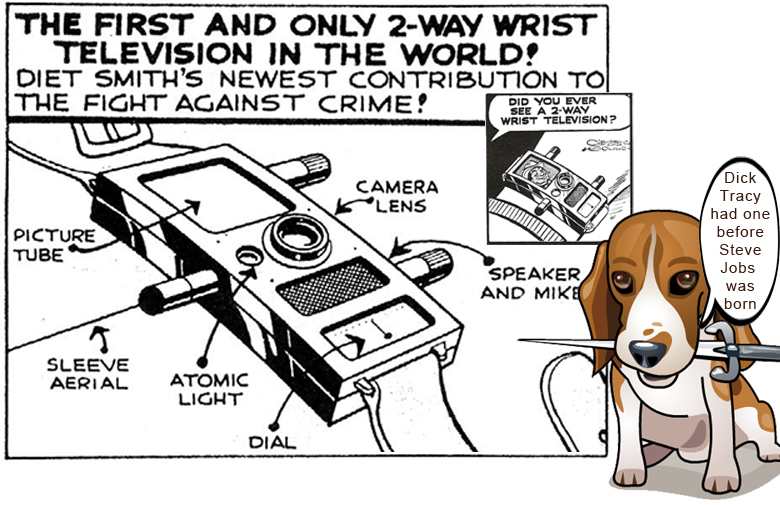The strangeness of our world is demonstrated by the things we take for granted.
I bought a used book. The previous owner’s name was Mary Lou. I know this because she used the stub of her boarding pass as a book marker.
A few years ago, Mary Lou took United Airlines flight 5409 from San Diego to Los Angeles on New Year’s Day. She sat in seat 10C.
No big deal, right? You can read all that on the stub of the boarding pass.
But then I also know that she’s 44 years old with short, blonde hair and bright blue eyes. I know the sound of her voice and the name of her 11-year-old son and her home address in Minneapolis. I can name each of the 8 companies that have employed her as an events coordinator. And I know that she is a very private person.
It took me less than 5 minutes to learn these things and I was only mildly curious.
All I had to do was ask the companion in my pocket. She knows everything.
My companion even gives me directions when I’m driving. “Turn here. Get in the left lane to turn left at the next intersection. Your destination will be on the right.” She knows every nook and cranny of every city, town and village on earth.
She showed me a photo of the house where Mary Lou lives with her husband and her son.
The strangeness of our world is demonstrated by the things we take for granted.
There is a multicolored dog who lives across the street, two houses down.
He races me for about 100 yards every morning when I drive past his house. We both know the finish line. He doesn’t growl or bark or act like he’s protecting his territory, he just likes to see if he can outrun my pickup truck.
Strangely, he doesn’t race with Pennie or with anyone else.
Only me.
And he doesn’t race with me when I’m driving Pennie’s car.
I don’t know the dog’s name, so I asked the companion in my pocket.
She doesn’t know, either.
Roy H. Williams
If you’ve ever deposited a check by taking a picture of it with your mobile phone, then you’ve already crossed paths with Michael Diamond, the team-builder who assembled and led the innovators who made that technology possible. Listen and learn from the man who first developed his innovative team-building skills during Operation Desert Storm in Iraq.
 How does roving reporter Rotbart find such interesting guests each week for these delightful episodes at MondayMorningRadio.com? Maybe we can get Indy Beagle to ask him.
How does roving reporter Rotbart find such interesting guests each week for these delightful episodes at MondayMorningRadio.com? Maybe we can get Indy Beagle to ask him.
[ NOTE FROM INDY: Okay, I’ll ask him. Maybe he’ll even let me interview him. Wouldn’t that make a cool episode of Monday Morning Radio? Indy Beagle asks a famous, Pulitzer-nominated investigative reporter, “How Do You Choose Who to Interview?” ]
